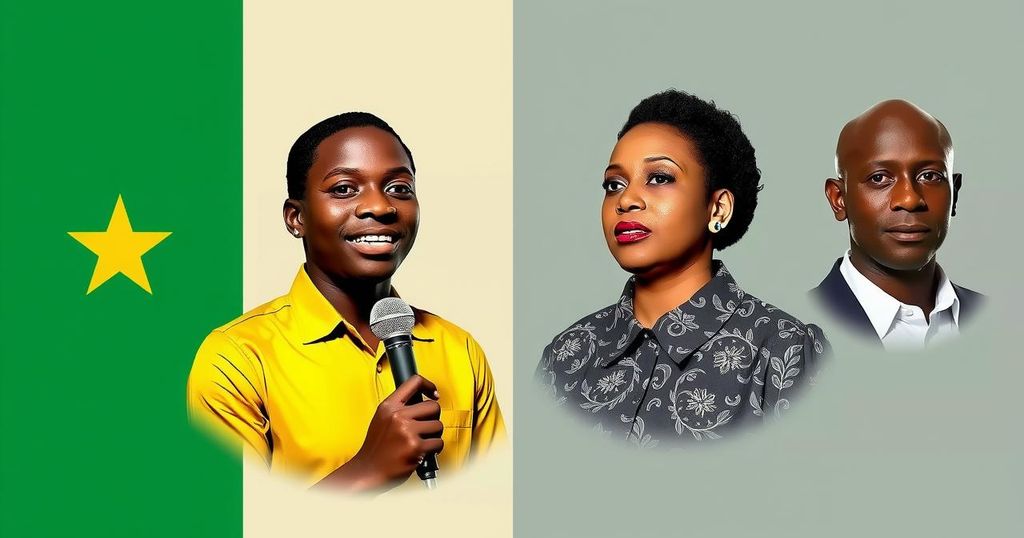Ghana’s Crucial Presidential Election: Candidates, Issues, and Stakes

Ghana will hold presidential elections on December 7, with key candidates Mahamudu Bawumia (NPP) and John Mahama (NDC) leading the race. The election focuses on critical issues such as the economy, inflation, and environmental concerns, making it a pivotal moment for the nation. Voters will also select parliamentary representatives across various constituencies, reflecting the democratic engagement of nearly 18.8 million participants.
Ghana is set to elect a new president on December 7, with over 18.8 million registered voters participating in the country’s ninth general election since the reintroduction of multiparty politics in the early 1990s. The leading candidates are Mahamudu Bawumia from the New Patriotic Party (NPP), currently vice-president, and John Mahama, the former president representing the National Democratic Congress (NDC). As the country grapples with significant economic challenges, including high inflation and unemployment, the election presents critical implications for Ghana’s future governance and policy direction. Citizens will vote not only for their president but also for parliamentary representatives across 275 constituencies.
Since the return to a multiparty system in 1992, Ghana has developed a strong democratic tradition, characterized by peaceful transfers of power and competitive elections. This year, the presidential elections are under particularly intense scrutiny given Ghana’s pressing economic issues, such as soaring inflation rates—peaking at 54% in late 2022—and widespread poverty, which has reportedly affected over 850,000 Ghanaians in recent years. Furthermore, the political landscape continues to be dominated by the two major parties, the NDP and the NPP, making the struggle for the presidency between Bawumia and Mahama especially crucial against the backdrop of these challenges.
In conclusion, the elections scheduled for December 7 carry significant weight for the direction of Ghana’s economy and political stability, especially as voters express concerns over escalating living costs and unemployment. The outcome will not only determine the presidency but also shape policies on critical issues such as illegal mining and economic recovery. With a rich history of democratic governance, the eager participation of Ghanaians reflects their commitment to ushering in the leadership they believe can address their nation’s pressing issues.
Original Source: www.bbc.co.uk






